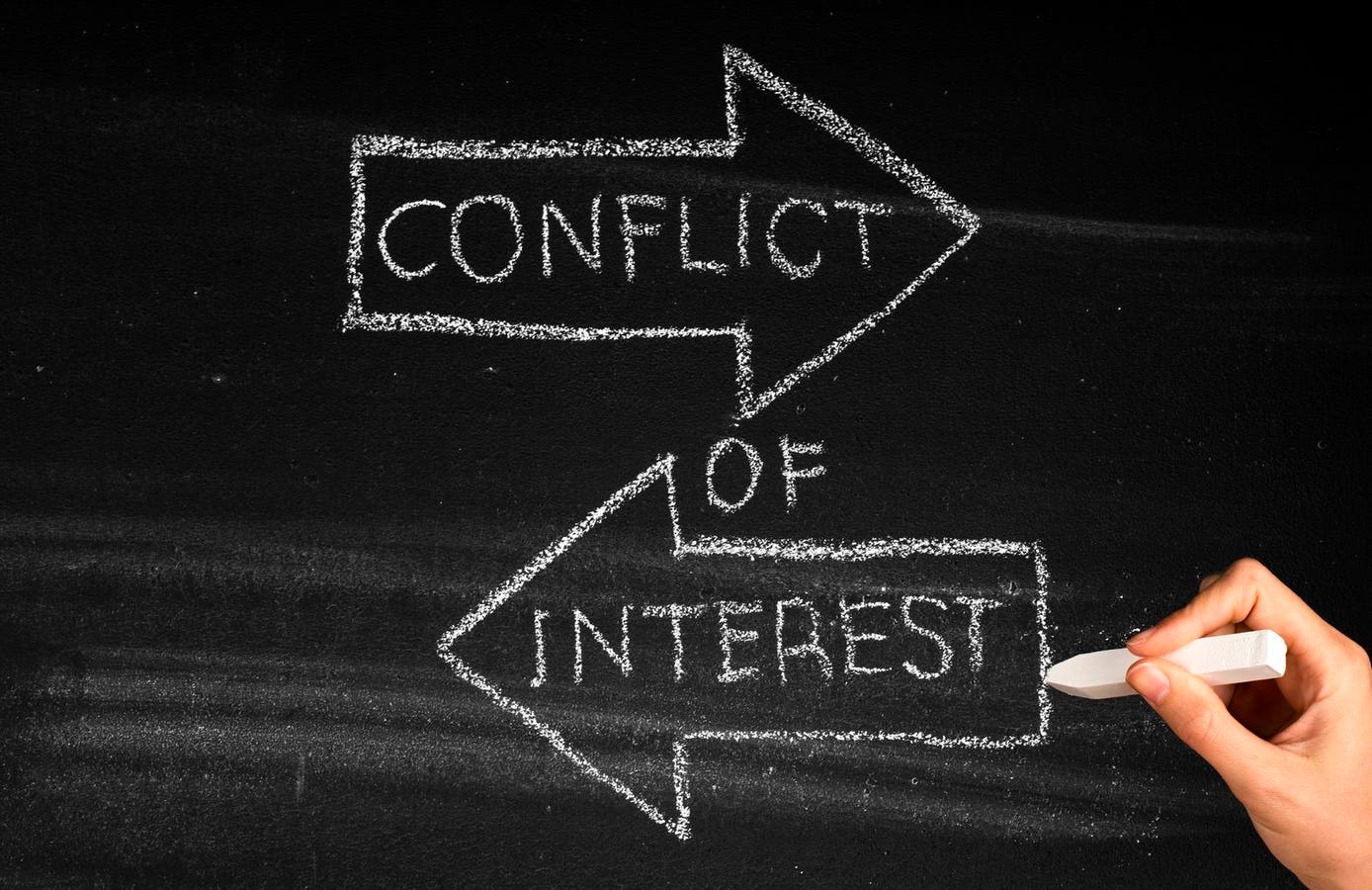Conflicts of interest are a controversial topic in medicine and healthcare. It should be?
In medicine and health care, financial conflicts of interest are often seen as eroding the credibility of the message.
The logic is as follows:
If someone has a financial interest in the answer to a question, of course their answer will be biased by their financial interest.
This simplistic thinking has guided a generation of doctors and scientists and policy makers.
But can conflicts of interest also represent depth of perspective?
People with conflicts (aka experience and interests) also have knowledge.
Knowledge that can be useful in answering important questions.
Could someone who has developed drugs have something useful to say about how we should regulate pharmaceutical manufacturers?
Could someone who works for an insurance company have something insightful to say about reforming industry practices?
Could they be even more useful than individuals with a familiarity with manual labor?
As someone who has worked in both industries, but is also mission-oriented, I’d like to think so.
Could it be that the pervasive, reflexive intent to invalidate anyone with conflicts is self-defeating?
Or are we destined to be guided by people so dispassionate that they may have an uninformed perspective on the subject at hand?
When I was in medical school at Harvard in the early 2000s, the culture dictated that anyone with a conflict of interest (or invited to lecture at the school) could not be trusted, and people who they worked for companies that developed and marketed medicines had passed. on the dark side
Never mind that drug development was an important way to serve humanity.
When I was in government during the Obama administration from 2009 to 2011, there was a cultural tendency to overvalue the opinions of academics and researchers over practitioners in the field.
Objectivity or at least the patina of objectivity rules the day.
To be clear, I do not advocate devaluing the perspectives of so-called objective critics, as I recommend that we be more attractive to the perspectives of people whose proximity to the issues provides them with a high degree of knowledge and investment in the outcome.
We can only recognize the conflict and place the perspectives expressed in the proper context.
And while I’m at it.
We must also be careful to recognize the less-discussed conflicts that are more nebulous and so rarely publicized.
Could it be that the person who has made his career in studies criticizing the ethics of the pharmaceutical industry could lose objectivity and become endlessly invested in criticizing the pharmaceutical industry?
Even if you don’t have a financial conflict.
In fact, their identity may be tied to it.
Or could the person whose life has been tied to demonstrating the value of a particular protein lead him over time to exaggerate or overinvest in the value of that protein?
I would venture to say that identity can be a much more powerful source of bias than money.
The identity that the so-called objective critic assumes, over time, assaults his objectivity.
And the recognition of one’s own ideological or identity-based biases is rare.
But maybe there should be.
Unconscious critics who think a lifetime of experiences and opinions make them unbiased may want to think again; perhaps journals should include in disclosure forms potential ideological conflicts along with financial ones.
These fields are more likely to be left blank.
Because who thinks their opinion could be tainted or biased by their perspectives?
Surprisingly, almost no one. And therein lies the most important recognition of all: like it or not, we are all in conflict in one way or another.
It is a feature and a flaw of the human condition.
#conflicts #interest #bad
Image Source : www.forbes.com
